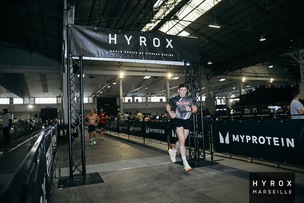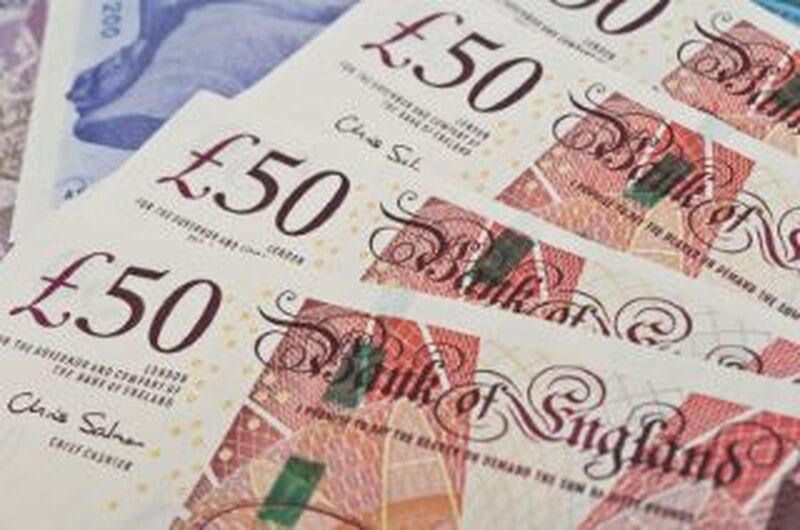PEOPLE who are struggling to heat their homes due to being behind with their energy bills will benefit from a £3m scheme.
In the face of rising energy bills and the cost-of-living crisis, Barnsley Council will extend its affordable warmth programme, which will offer support to the borough’s most vulnerable over the next three years.
The scheme will clear energy debts of up to £1,000 for households already in receipt of support - with payments being made directly to energy suppliers.
New boilers will also be funded for households deemed vulnerable, with a boiler that is more than eight years old.
The plans are an extension of the council’s affordable warmth scheme, which has been providing grants for boilers and insulation since 2019.
A report to cabinet states: “Tackling fuel poverty and reducing carbon emissions from housing stock are key priorities for the council in seeking to address the disproportionate impact that the cost-of-living crisis is having across our borough.
“The amount of funding required for this proposal totals £3m, which has been identified and subsequently set aside in principle by the capital oversight board, by deprioritising a combination of housing growth capital receipts and earmarked revenue reserves.
“A minimum of 349 properties will benefit from the programme over the three-year period, assuming an average grant of £9,000 for heating and insulation works.
“Where possible, other forms of government funding will be utilised to carry out insulation works.
“The same properties receiving insulation and heating works through the programme will also receive an energy debt payment of £1,000 if required.”
Households on low incomes and living in low energy efficiency properties will be eligible for the scheme according to the report, which is due to be discussed next week.
Most fuel poor households are found in Dearne North and St Helen’s, where 24 per cent of homes are considered to be fuel poor, and also in Kingstone, Monk Bretton and Stairfoot where the total is 22 per cent.
It added: “Each year the Office of National Statistics publishes the households below average income (HBAI) report which sets out what the current poverty line is, which is calculated as 60 per cent of the UK’s weekly median income.
“In 2021, the poverty line figure was set at £324 per week therefore households with a disposable income of this amount or less are considered below the poverty line.”



























